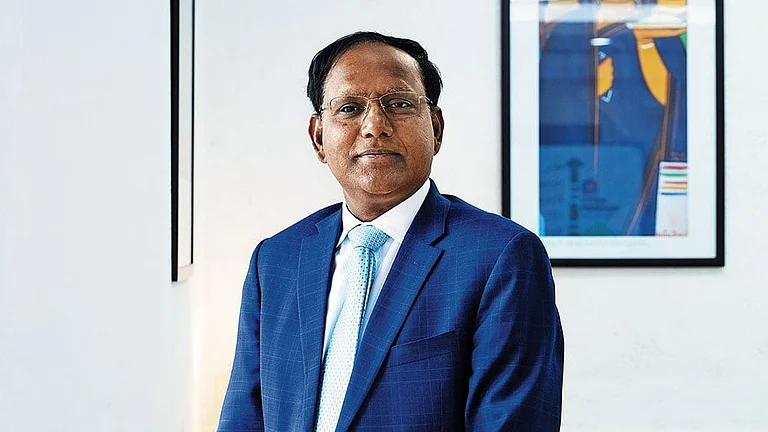With business profits taking a hit due to the pandemic, many companies will be skipping appraisals this year. Indeed, many businesses may not even be able to reinstate the 30-40 per cent pay cuts received by their employees at the time of the lockdown.
On the other hand, galloping inflation is chipping away at salaries and throwing household budgets into disarray. A combination of stagnant or reduced income, and high inflation, is making life increasingly difficult for the common man.
Even retaining one’s job has become a challenge in these tough times. In such circumstances, the key is to prioritise the areas to achieve a degree of financial security includes liquidity, steady income, assurance of returns, supplementary income to cover inflation, and some extra savings as exigency funds
As an individual, the key challenge is to identify an asset that can help you achieve these goals. Let us evaluate various investment options that are available to see how they fare.
Mutual Funds
Mutual funds are known to generate good returns but their performance is market-linked. It passes the test of liquidity but offers no guarantee of a steady income and assured returns.
Fixed Deposits
Plunging interest rates and soaring inflation have created a scenario where these popular instruments are failing to beat price rise. In other words, fixed deposits are capable of generating steady income and assured returns, but fall short on supplementary income. Poor liquidity is also a major drawback when it comes to navigating financial crises.
Stocks
Although liquidity is an advantage, the volatility of stock makes it a poor choice for investors who are looking for fixed income and assured returns.
Residential real estate
Residential real estate offers steady income but is one of the least liquid investments you can make. Also, it offers poor yields of 2-3 per cent. Moreover, the pandemic has exposed important drawbacks in real estate investment with tenants hard to come by as many of them have returned to their hometowns.
Gold
Gold passes the liquidity test as it is easy to sell. But it offers no interest or dividend making it a poor source of steady income.
Fractional Ownership: An Investment with a Difference
Fractional ownership of commercial real estate offers a novel way of investing your money in a rewarding and fast-growing sector.
The commercial real estate market has generated healthy returns in the past few years and displayed resilience during the pandemic. But most retail investors have not been able to participate in the market due to the high costs and investment involved.
Fractional ownership is a financial instrument that has been specifically designed to address this problem of access. It divides the cost of commercial property into smaller units of, say, Rs 25 lakh each, which puts it within the reach of retail investors.
A Substitute for Appraisals
The fractional ownership model gives investors access to an asset that is liquid, offers a steady income, provides assured returns, generates supplementary income to cover inflation, and also offers some extra savings as emergency funds. This ticks all the five boxes which we have alluded to above.
For example, an investment of Rs 50 lakh on a fractional ownership platform is able to generate a monthly income of Rs 30,000 which can help you by putting extra funds at your disposal. This amount can be used to cover your missed appraisal, salary cut, meet emergency needs, and so on. A key feature of your rental income is that it will not remain stagnant. The amount will undergo an increase of 15 per cent every three years giving you an “appraisal” without asking for it!
At the same time, a capital appreciation rate of 7-16 per cent on Grade A commercial properties ensures that you get good value for your investment when it is sold a few years later. Even a conservative capital appreciation rate of 7 per cent will fetch you Rs 98 lakh for your asset over a 10-year period.
Fractional assets are a unique low-risk, high-return investment product that offers the best value for your money. Whether you wish to beat a price hike, address an appraisal gap, or stock up wealth for exigencies, it creates safeguards to protect you and your family from the pain of a financial crisis.
The author is Director of Business Development and Investment hBits
DISCLAIMER: Views expressed are the author's own, and Outlook Money does not necessarily subscribe to them. Outlook Money shall not be responsible for any damage caused to any person/organisation directly or indirectly.



























